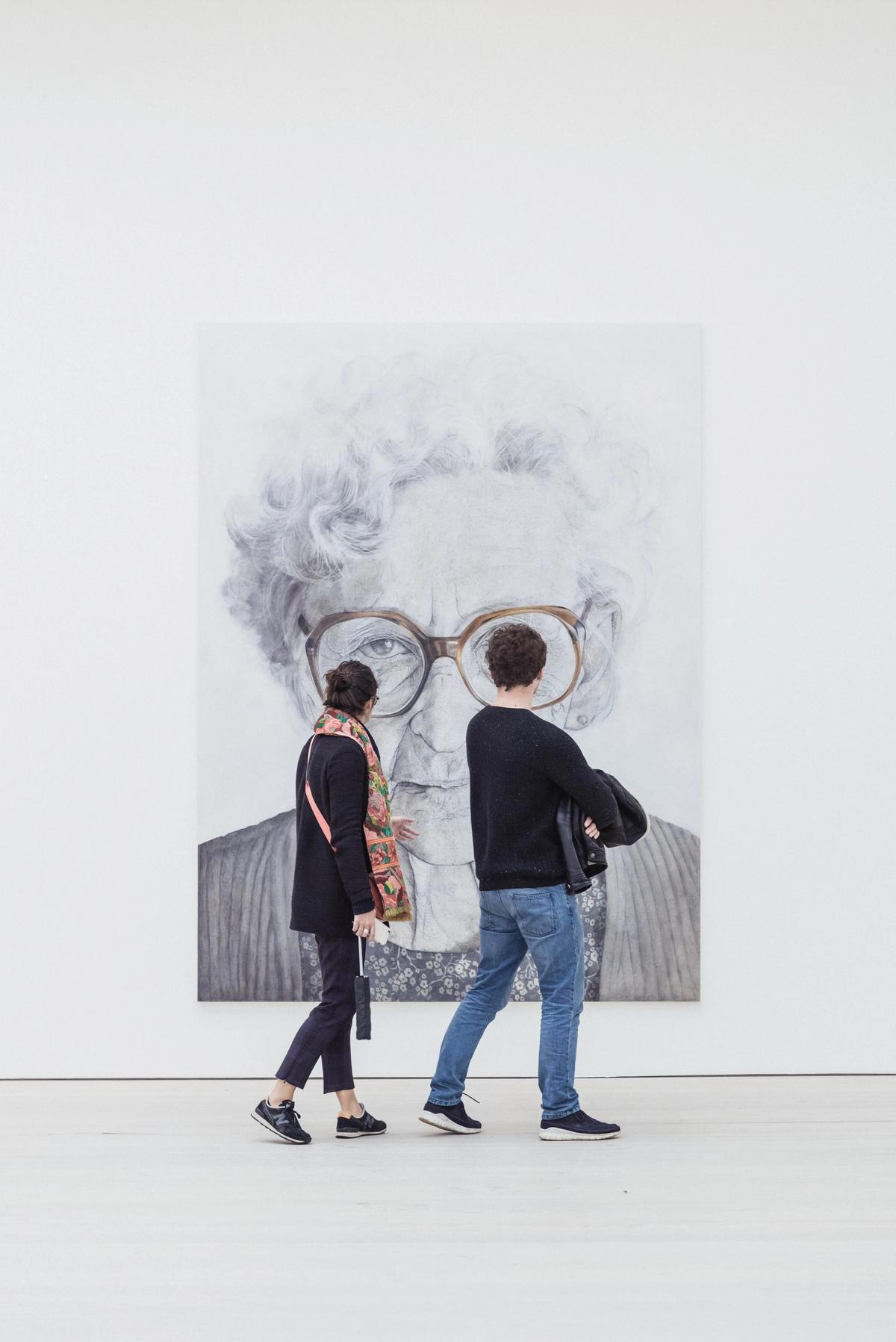The British government has announced that commercial arts organisations, including galleries and art fairs, are eligible to apply for its £1.57bn coronavirus rescue package—if firms can prove they are no longer trading viably by the end of this financial year.
According to criteria published on the Arts Council England’s (ACE) website, “limited companies registered at Companies House” and based in England can either apply for a long-term loan (in excess of £3m and repayable at 2% per annum over 20 years) or a recovery grant of between £50,000 and £3m. However, there has been some confusion as to who the rescue package applies to and some trade bodies and fair directors were not aware that commercial art businesses were eligible to apply when contacted by The Art Newspaper.
Unlike the ACE’s previous emergency response package, this fund covers “charitable, publicly supported and fully commercial organisations of all sizes in the arts, museums, heritage sectors as well as music venues and independent cinemas”, says a spokesman for the department of culture, media and sport (DCMS).
He adds: “Funding will be prioritised for organisations that are of local, regional and national importance, and where they play a key role in levelling up their local communities.” The Tate is understood to be in line to receive £7m, although this has not been enough to prevent 313 redundancies from its commercial arm next month.
Noting that “the entirety of the arts and culture sector” is facing “many challenges over the months ahead”, Peter Heslip, ACE's director of visual art, confirms: “A wide range of commercial cultural organisations are eligible for this fund, from small independent galleries to globally renowned art fairs, creative workspace providers and art fabricators.”
ACE will distribute £500m of the funding, while the British Film Institute, Historic England and the National Lottery Heritage Fund will also allocate grants. The loans package is worth £270m, with an initial repayment holiday of up to four years.
In order to receive support, organisations must have been financially stable before Covid-19, but are now “at imminent risk of failure and have done all they can to exhaust other options”, the DCMS spokesman says. The fund is intended to provide organisations with support over a six-month period to ensure that by 31 March 2021 they can reopen, if they haven’t done so already.
Successful applicants must also adhere to a number of conditions, including a pay freeze on all staff for at least 18 months and a 10% pay cut for those on more than £150,000 a year; a commitment to increase diversity both in terms of staff and audiences; and a pledge to reach net zero greenhouse gas emissions by 2050.
Organisations do not have to have a history of government financing—from the ACE or any other public body—to apply.
The first round of funding opened on 10 August and closes 21 August, while a second round runs from 21 August to 4 September. As much as 75% of the budget is being allocated in the first round.
Decisions will be made by an independent board appointed by the DCMS, chaired by the businessman Damon Buffini. Other board members include ACE chair Nicholas Serota, cultural recovery commissioner Neil Mendoza and Emma Squire, the director for arts, heritage and tourism at the DCMS.
Details of how to apply for the ACE grants can be found here and loans here.


